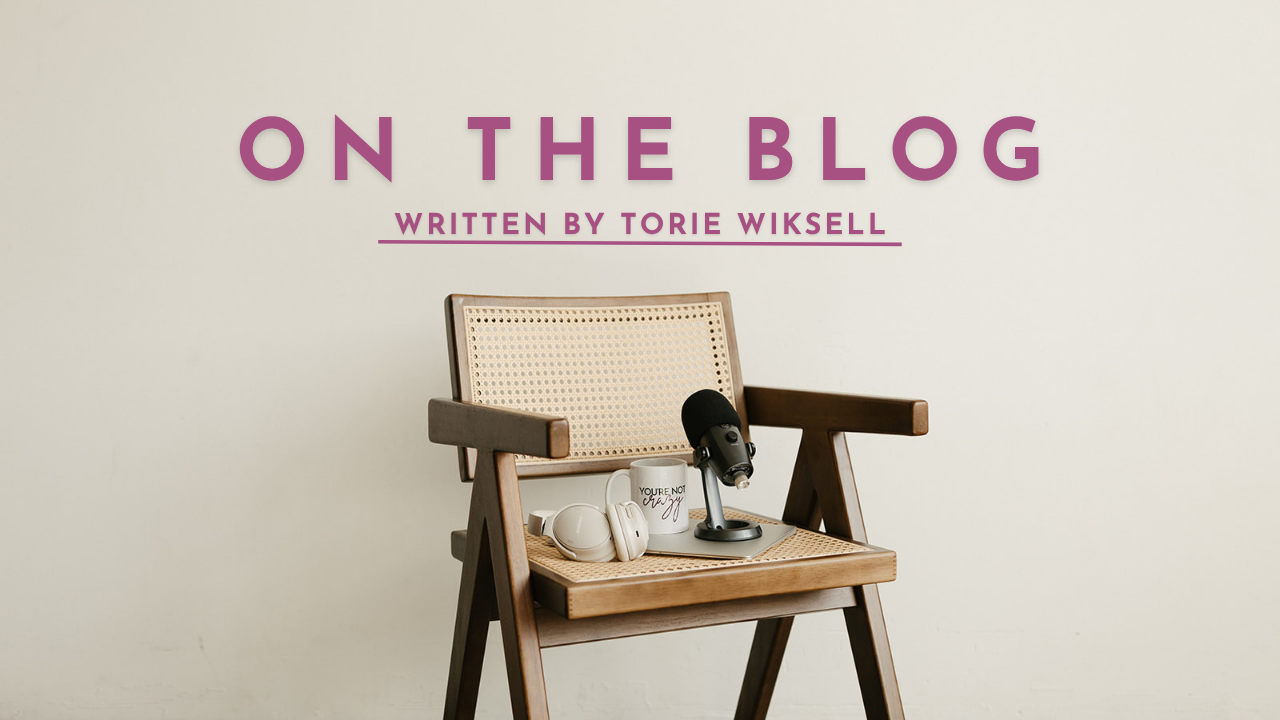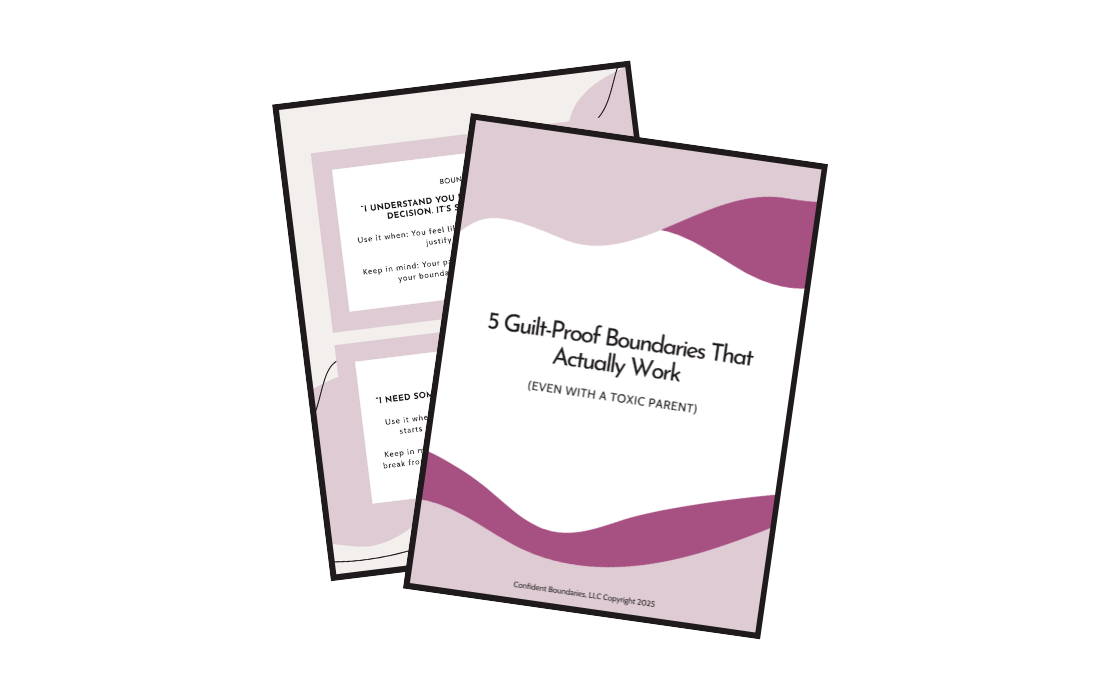
Stop Being Vulnerable with Your Toxic Parent
Let’s get straight to it:
If you suspect your parent has borderline or narcissistic personality disorder and you've been emotionally vulnerable with them—only to feel hurt, dismissed, or emotionally wrecked afterward—you’re not crazy.
You’re in a toxic pattern, and it’s time to stop playing by rules that don’t protect you.
Being emotionally open with someone who constantly manipulates, blames, or explodes when you express your needs? That’s a recipe for pain and more trauma.
Why Vulnerability Doesn’t Work with Emotionally Immature Parents
Vulnerability only works when there’s trust, empathy, and emotional safety—and let’s be real:
That’s not what you’re getting from a parent with unmanaged BPD or NPD.
Narcissistic parents often use your emotions to manipulate you. They listen just long enough to twist your words, make it about them, or save the sensitive information to later use against you. And while a parent with BPD may seem sensitive in the moment, those same vulnerabilities are often later used against you when their emotional state shifts.
This doesn’t mean they’re evil. It means they are emotionally unsafe.
And that matters more than intentions.
You’ve probably spent your life hoping that this time will be different. That if you just explain things the right way, or show them your pain, they’ll finally get it.
They won’t. Not because you’re not lovable—but because they’re not capable.
Boundaries Are How You Stay Safe
Let’s talk boundaries—real boundaries.
Setting boundaries with a toxic parent isn’t about changing their behavior.
It’s about protecting yourself.
You’re allowed to say:
-
“I’m not discussing this with you.”
-
“That comment wasn’t okay, and I’m ending the conversation.”
-
“This topic is off-limits.”
You're allowed to walk away from a phone call.
You're allowed to leave a gathering early.
You're allowed to disengage.
And let’s be honest: you already know what happens when you overshare with them.
It doesn’t get better. It gets worse- for you.
Accepting the Parent You Have
Here’s the hardest part of dealing with toxic parents:
You have to stop waiting for the parent you wish you had.
The one who apologizes.
The one who listens.
The one who holds space for your pain instead of using it to make themselves the victim.
It’s not wrong to want that. It’s human.
But hanging on to the fantasy keeps you stuck in pain.
Acceptance of who your parent actually is does not mean you like that reality. It means you’re no longer banging your head against a wall, hoping it’ll turn into a door.
Create Safety Somewhere Else
If emotional safety isn’t possible in your relationship with your parent, it’s time to build it somewhere else.
That might look like:
-
Connecting with friends who see and support you
-
Working with a therapist or coach who gets toxic family dynamics
-
Pouring your energy into a life that feels peaceful, grounded, and yours
The less emotional energy you invest in trying to change your parent, the more you’ll have to create a life that actually feels good.
It’s Okay to Step Back
There’s no shame in protecting yourself.
It’s okay to stop sharing personal details.
It’s okay to emotionally detach.
It’s okay to stop trying to prove you’re good, lovable, or “not the problem.”
You’re not broken because you want connection.
You’re just waking up to the reality that not all relationships are safe for vulnerability.
Especially when it comes to parents who:
-
Refuse to take accountability
-
Use your pain against you
-
Guilt-trip you for setting boundaries
-
Expect you to regulate their emotions while ignoring yours
You deserve better. And choosing to step back isn’t giving up—it’s choosing yourself.
You’re Not the Problem—You’re the One Trying to Heal
If you’ve ever asked, “Am I the problem?” because your parent accuses you of being too sensitive, too dramatic, or too selfish for setting boundaries—please hear this:
You're not the problem.
You're trying to do the emotional work they refused to do.
You're learning how to protect your peace in a relationship that never protected you.
You are allowed to stop being vulnerable with someone who has proven—repeatedly—that they can’t hold your emotions with care.
You are allowed to outgrow this dynamic.
You’re Not Crazy.
But you might have been gaslit by your parents.
Learn how to recognize the signs—and start rebuilding trust in yourself.
I hate SPAM. I will never sell your information, for any reason.



